Today’s readings
I love it when the Gospel has a curious story in it because it’s fun then to peel back the layers of the story, kind of like an onion, and get at what’s inside. Today’s Gospel story is just like that.
When our modern ears hear this parable, there are surely things that seem odd about it, aren’t there? First of all, as the wedding banquet is finished, the guests have to be summoned to the feast. But in those days, they probably had received a formal invitation previously, and then had to be let know when the feast was ready. But then we come to this very curious issue of the invited guests not wishing to attend. What could possibly be keeping them away? Even if they weren’t thrilled by the invitation and honored to attend, you’d think they would show up anyway because of who it is that is inviting them. You would think they would want to keep the king happy.
But they don’t respond that way, and so now the banquet is ready and the guests are well, unavailable shall we say… So the king sends the messengers out to all the public places in order to invite whomever they find. And who are they going to find? Well, probably pretty much what you’d expect: peddlers, butchers, beggars, prostitutes, tax collectors, shop owners and shop lifters, the physically impaired and sick … in short, not the sort of people you’d expect to find at a king’s wedding banquet.
So, to me, it’s not all that shocking that one of them is not appropriately dressed for the banquet. What is shocking is that the rest of them are, right? Some biblical scholars have suggested that perhaps the king, knowing who was going to show up, may have provided appropriate attire, and that one person refused to put it on. We don’t know if that’s the case but if it were true, we could all understand the king throwing that person out.
So what is this story really about? Putting the parable in context, the banquet is the kingdom of God. The distinguished invited guests are the people to whom Jesus addressed the parable: the chief priests and the elders of the people. These have all rejected the invitation numerous times, and would now make that rejection complete by murdering the messenger, the king’s son, Jesus Christ. Because of this, God would take the kingdom from them, letting them go on to their destruction, and offer the kingdom to everyone that would come, possibly indicating the Gentiles, but certainly including everyone whose way of life would have been looked down upon by the chief priests and elders: prostitutes, criminals, beggars, the blind and lame. All of these would be ushered into the banquet, being given the new beautiful wedding garment which is baptism, and treated to a wonderful banquet, which is the Eucharist. Those who further reject the king by refusing to don that pristine garment may indeed be cast out, but to everyone who accepts the grace given them, a sumptuous banquet awaits.
So guess who are the beggars, prostitutes, criminals, blind and lame? If you’re thinking they are you and me, you would be right. Our sinfulness leaves us impoverished, and hardly worthy to attend the Banquet of the Lord. It would only be just for our God to leave us off the invitation list. But our God will do no such thing. He washes us in the waters of baptism, brings us to the Banquet, and feeds us beyond our wildest imaginings with the food of his own precious Body and Blood.
There are two wonderful little prayers in the Mass that you mostly don’t ever get to hear: they are private prayers of the priest. I wanted to share them with you because I think they get at what today’s Gospel is all about. First, after the priest receives the bread and wine from those bringing forward the gifts, he offers them at the altar. Having finished the offering, the priest bows profoundly, that is, from the waist, and prays:
With humble spirit and contrite heart
may we be accepted by you, O Lord,
and may our sacrifice in your sight this day
be pleasing to you, Lord God.
Which is a quote from the book of the prophet Daniel. The priest then turns to the servers and they wash his hands as he prays the second private prayer:
Wash me, O Lord, from my iniquity
and cleanse me from my sin.
As I said, I thought about these two brief prayers in connection with today’s Gospel reading. We approach the Lord with “humble spirit and contrite heart” which is exactly what the chief priests and elders did not do in the Gospel. They thought that they had heaven in their grasp and that no one else did. They felt like they had no need of repentance, no sins for which to be sorry.
We can’t be like them, or we’ll never be able to come to the banquet. The prayers of the Church should always serve to remind us of who we are and why we are here. We were meant for the banquet, but we weren’t dressed for it. We have been given that beautiful garment at baptism, which gives us the right to sit at the table. We just have to be open to receiving it. We receive it knowing full well that we are in need of forgiveness and mercy. The most important sacrifice we offer at Mass is always the sacrifice of our lives, of our hearts, giving ourselves completely to our God who gives us everything. And in return, he gives us everything we need, and salvation besides!
We are blessed to be able to come to the Supper of the Lamb. And in the moments during the offering of the gifts, maybe we can take time to be aware of offering ourselves and our hearts, coming before the Lord with humble spirits and contrite hearts.
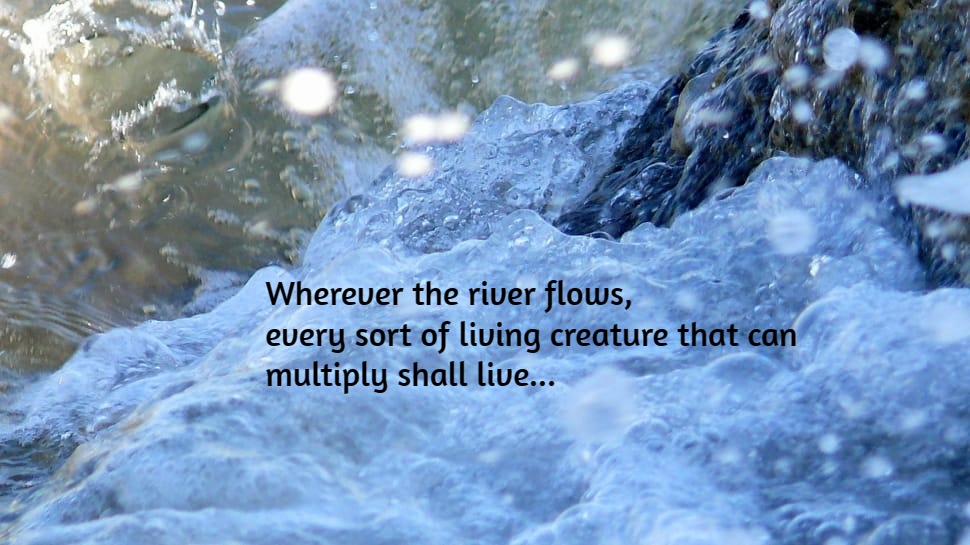
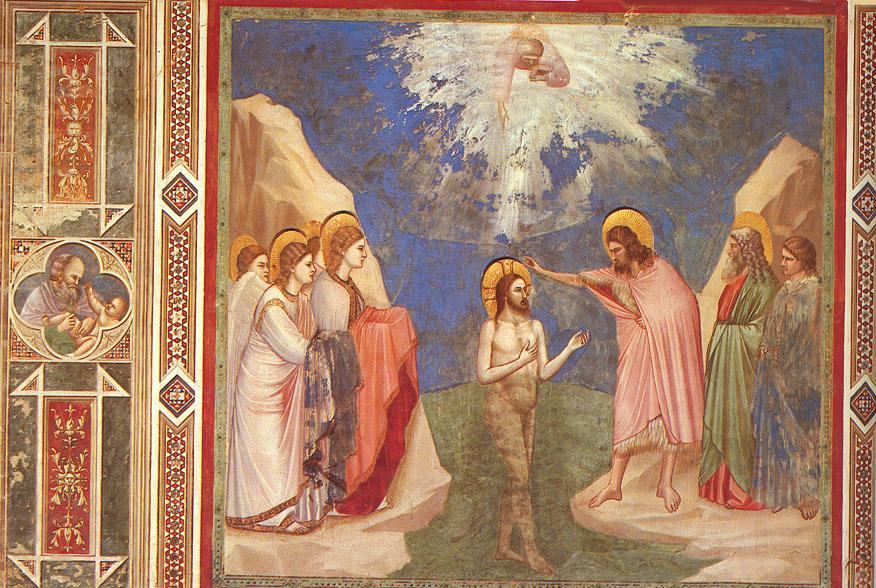
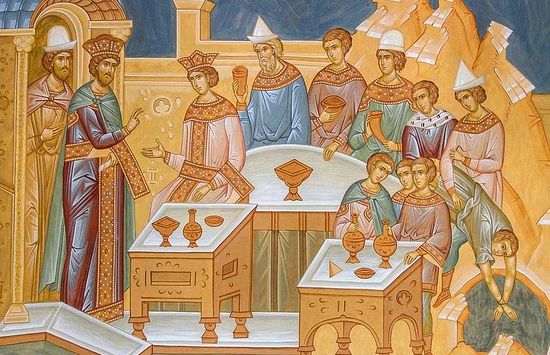
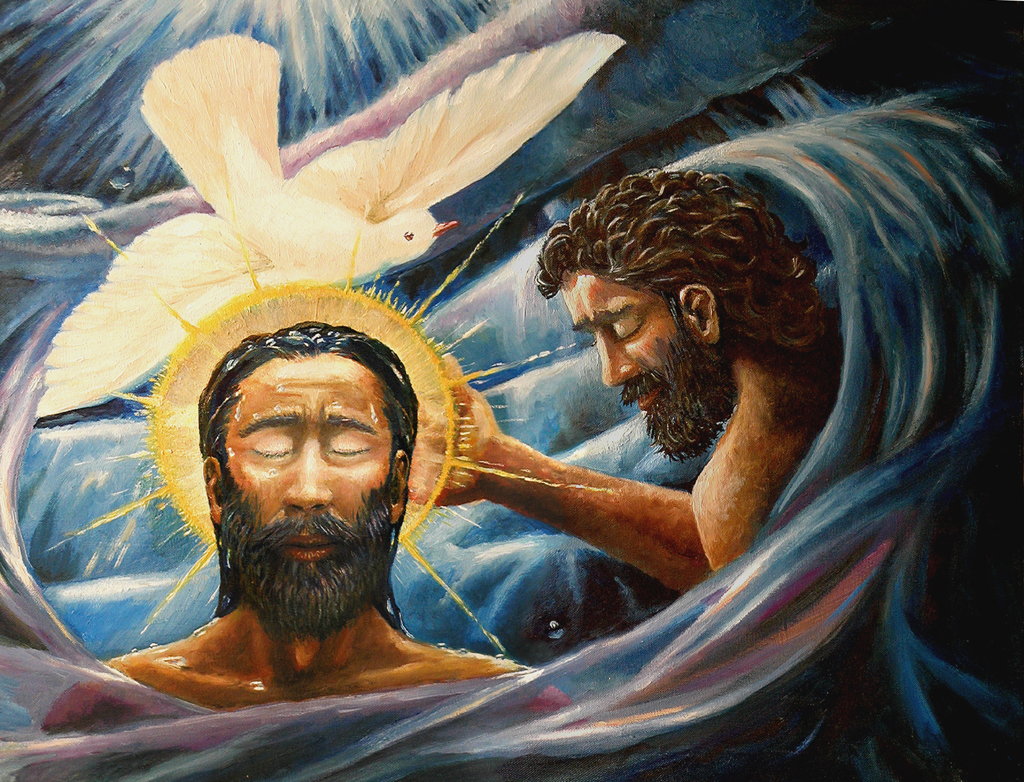
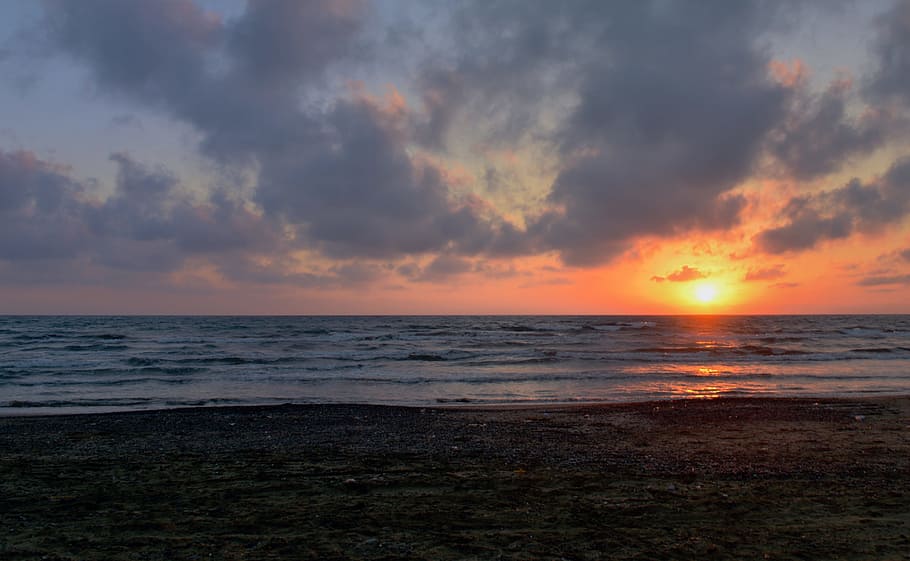
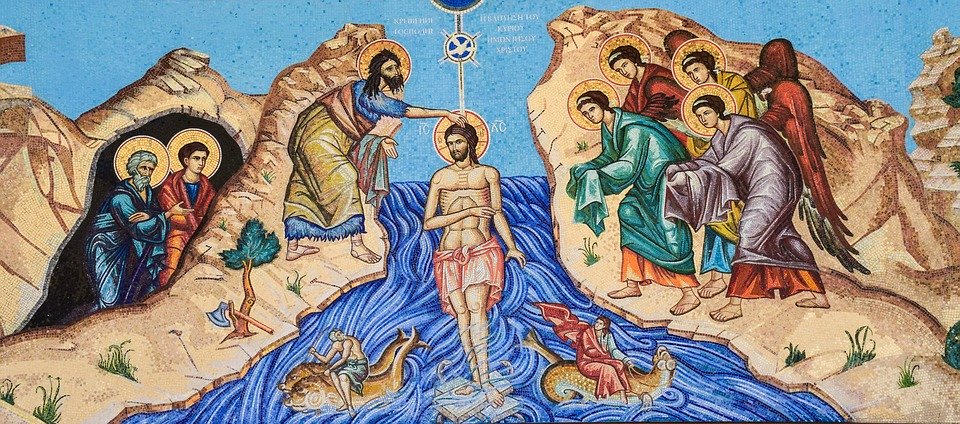
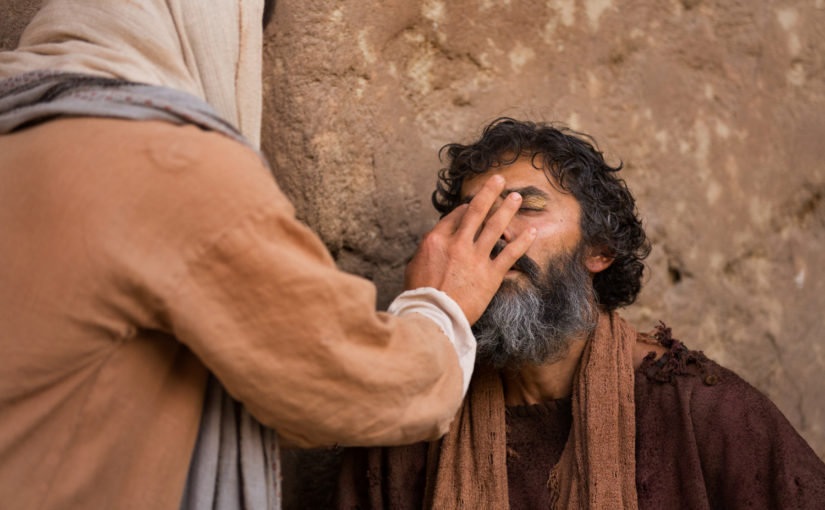
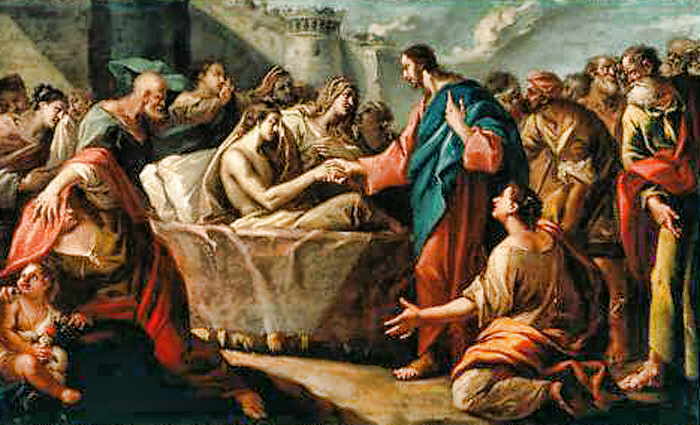
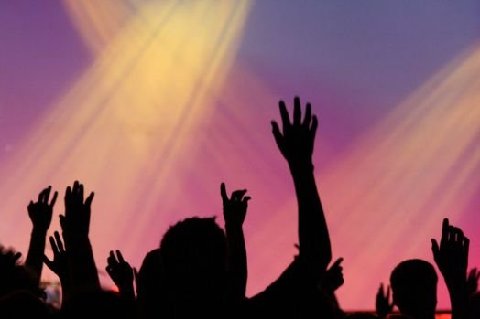

You must be logged in to post a comment.